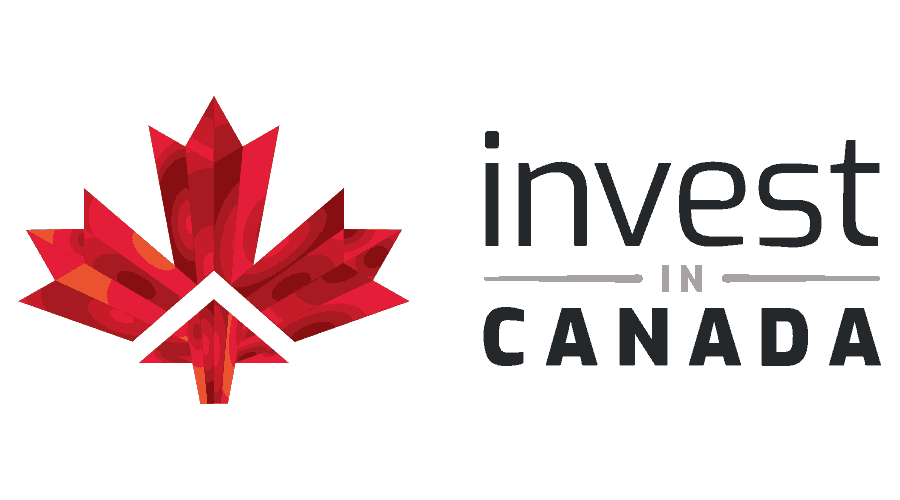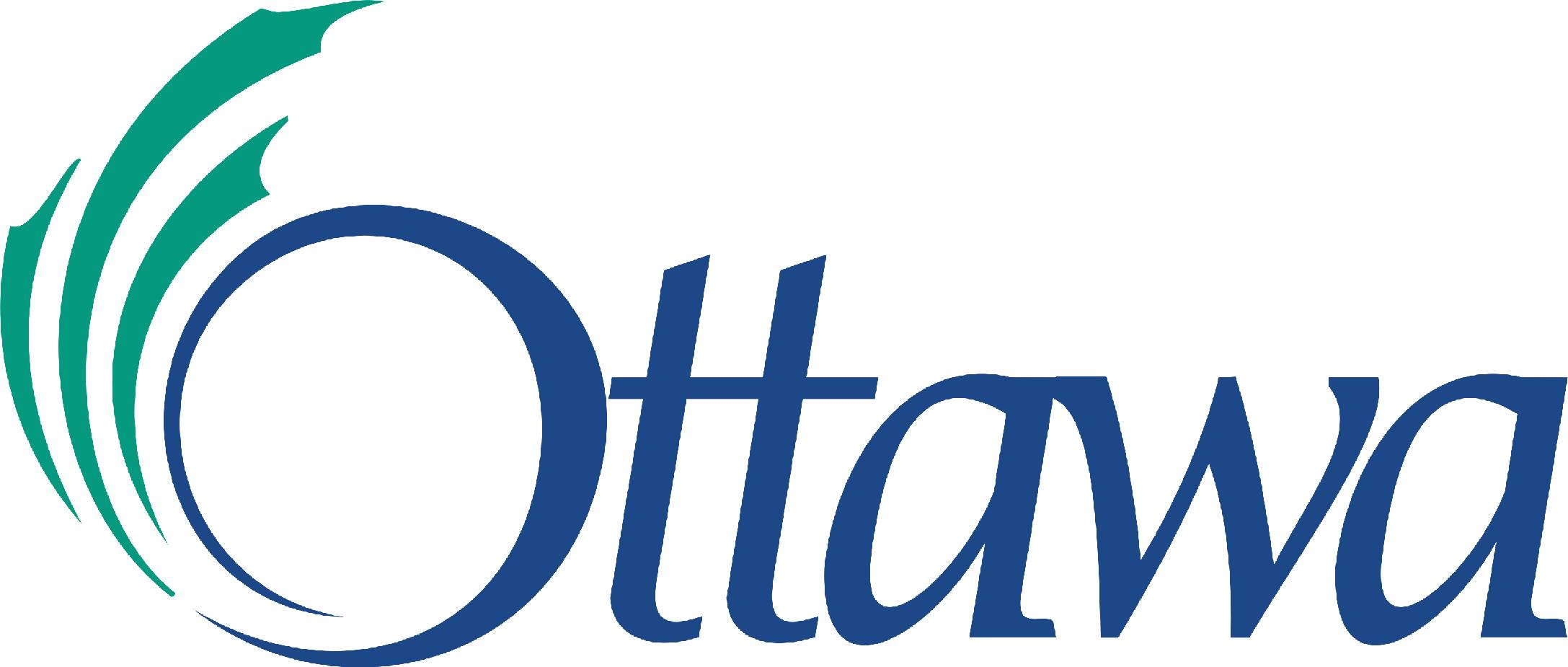Kinaxis’ roots in the Ottawa area date back to humble beginnings in the 1980s when a few computer engineers founded the company as Cadence Computer Corporation. What started as a hardware company is now deeply immersed in the software-as-a-service (SaaS) space, a move that helped to propel Kinaxis to the industry leader it is today. Even as few as six years ago, Kinaxis had slightly more than 200 employees. Today, its payroll is hurtling over the 1,000-person mark. The company, which went public on the Toronto Stock Exchange in 2014 and has consistently been named a Leader on the Gartner Magic Quadrant, now serves worldwide and has employees in 21 countries. So far, it’s acquired two other companies, one of which is Toronto’s Rubikloud.
At the heart of the company’s success, of course, are its product and services. It makes and customizes software to help large companies manage their supply chains and make more confident decisions faster. For example, in the past, if a large automotive manufacturer had an unforeseen shortage in one of its parts, its planners would have to spend hours collaborating across the entire organization and the entire supply chain, manually evaluating alternatives and multiple suppliers who could provide that part, and calculating the many pluses and minuses. They wouldn’t see the results on the rest of the supply chain for another three months down the line. Now, thanks to Kinaxis, they can run different scenarios to get a clear answer almost immediately about which alternative or which supplier could fill the gap, in time to make a difference. Kinaxis calls this concurrent planning.
Megan Paterson, chief human resources officer at Kinaxis, explains it as a “powerful, intelligent decision-making system.” No matter what supply-chain decision a company has to make, Kinaxis helps it know sooner what impact any change or event will cause and act faster to avoid risks and capitalize on opportunities.”
And with the Rubikcloud acquisition, Kinaxis now has access to that company’s AI solutions, which automate supply-chain prescriptive analytics and decision-making in the retail and consumer packaged-goods industries.
Why Ottawa?
Kinaxis could easily have left Canada and set up shop in another major technology hub but the company has deep roots in the Ottawa area. It was founded years before the city had a note-worthy technology sector and saw that sector grow. Most of its executive team remains here and the company is building a new state-of-the-art headquarters in Kanata.
For Kinaxis, Ottawa is the best place for its headquarters because of the large technology community surrounding the city.
“We benefit mostly from being part of the tech community,” Paterson says. “The Kanata North BIA is a really good community to be part of and even though our colleagues in that organization aren’t all software, they’ll all high-tech and we’re all dealing with the same kind of challenges.”
Attracting talent
Just by being in the same ecosystem, Kinaxis has benefited from Invest Ottawa’s promotion of the city as a great place to live and work. Many of Invest Ottawa’s programs help attract entrepreneurs and international students to the city and Kinaxis itself also devotes substantial resources to talent acquisition.
“I have someone on my team who does immigration and mobility full-time,” Paterson says.
The company has attracted its share of talent from abroad. Angelo Martins is a software developer from Brazil. He’s lived through two Ottawa winters and still insists his move to Canada’s capital was the best he’s ever made.
“I moved to Ottawa three years ago to learn English and I loved it so much, I wanted to stay,” he says. “Kinaxis had never sponsored anyone to come to Canada before me.”
Martins brought his wife and daughter and all three are happy here.
“We love it,” he enthuses. “There’s so much clean, open space. It’s the perfect balance between city and nature and it’s a safe place. It’s hugely different from where I come from in Sao Paulo, Brazil.”
His colleague, Delisia Philip, moved here from Waterloo after studies in Halifax.
“How the city appeals to you plays a major role,” Philip says. “As a tech person, there are lots of people to network and connect with. We have good healthy conversations around technology.”
And the city has broad appeal, too.
“Even though real estate prices are high, the same place would cost you twice as much in Toronto,” she says. “And there are great universities. McGill and Carleton are nearby. If you want to do some part-time education, there are options right here.”
Paterson meanwhile grew up in a military family and has lived all over the world, which ultimately showed her just how perfect Ottawa is.
“Ottawa is so safe and traffic is nothing compared to Toronto,” she says. “We’re spoiled here. And because it’s our capital, we have all the museums and the culture. To me it’s a big city, but it feels like a smaller town. There’s so much to do and it’s a great place to bring up a family.”
Kinaxis makes sure to support its newly arrived employees.
“If someone moves here, we try to get them involved in the community,” she says. “We want them to be comfortable and be ‘sticky’ in Ottawa.”
The company culture is very much tied with that of Ottawa.
“We’re very proud and happy to have our headquarters here in Ottawa,” Paterson says. “I would recommend Ottawa as a place to live and work to anyone.”
Kinaxis at a glance
Employees: 1,000
Years in business: 36 years
Customers: Procter and Gamble, Ford, Unilever, Nissan, Lockheed Martin, Bose
Number of foreign markets: 21, including India, Singapore, Japan and the U.K.
Main product/service: Software as a service; supply-chain management software
Big plans: A new state-of-the-art headquarters building in Ottawa
VOICES
“Ottawa is the perfect balance between city and nature and it’s a safe place. It’s hugely different from where I come from in Sao Paulo, Brazil.”
— Angelo Martins, software developer
“How the city appeals to you plays a major role. As a tech person, there are lots of people to network and connect with. We have good healthy conversations around technology.”
— Delisia Philip, software developer



